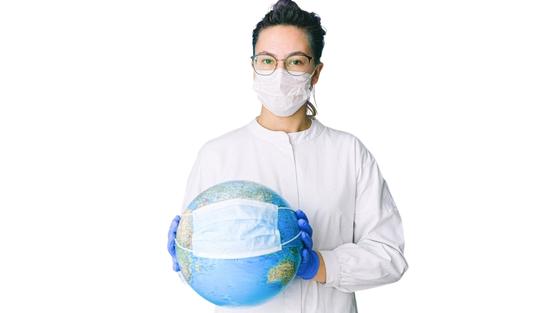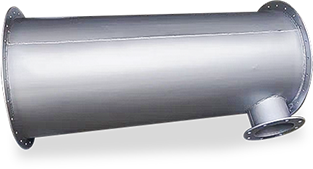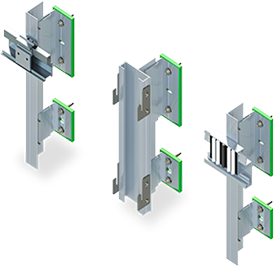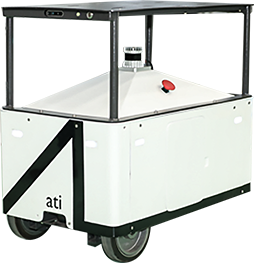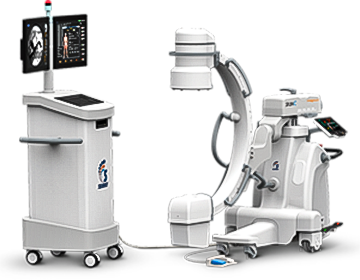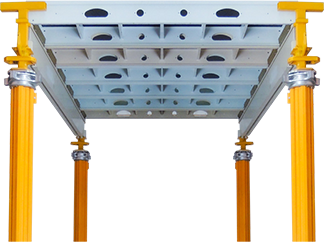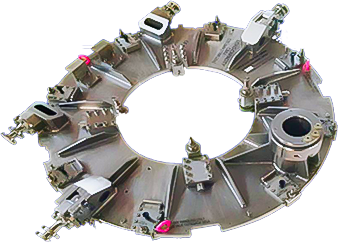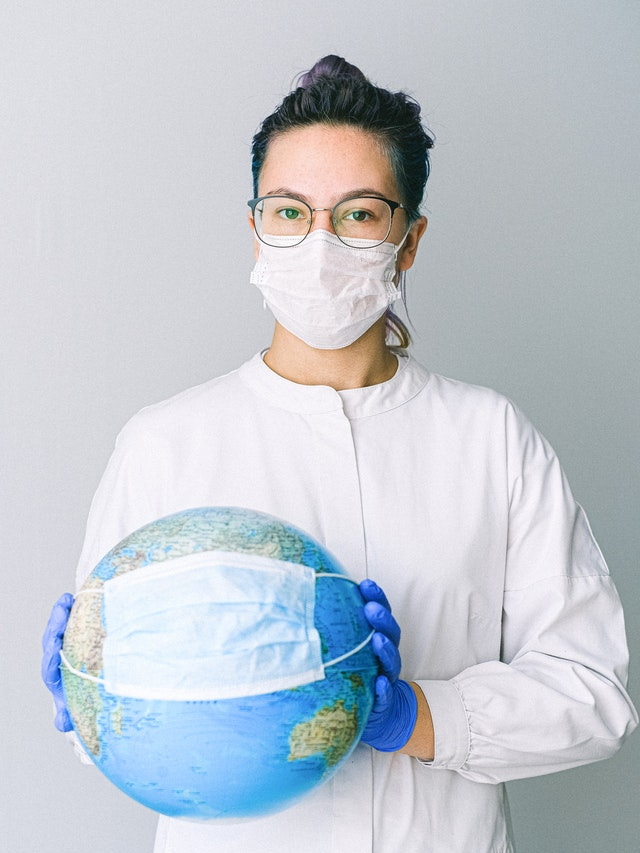
The COVID-19 pandemic came very swiftly and took India by storm in the matter of a couple of days. Even though it hit our shores a little later than it did the rest of the world, it is so new and unforeseen by our generations that we were not prepared for it. Unsurprisingly, businesses are having a hard time managing their operations in this situation and we have had our own learning lessons.
At Karkhana.io, our work revolves around the management of manufacturing and involves multiple stages and processes, most of which require lots of human involvement. That is to say, when COVID-19 came to India and we knew that a lockdown was imminent, we had little time to quickly figure out how such human-reliant processes could be carried out amidst these new circumstances. Even before actual lockdown, we implemented mandatory work-from-home for a few days as a trial so that we could be ready for the challenges of actual lockdown.
Even then we were not ready for the unanticipated challenges of working amidst COVID-19 circumstances. We recognized early-on that we have a responsibility to manufacture hard-material PPE for healthcare and public workers as we have the resources and setup to carry out such manufacturing. However, actually carrying out these operations turned out to be a whole different ball game.
Manager of Operations or calls?
The most obvious challenge of working during lockdown is of course communication. With everyone working remotely, calling becomes a central means of communicating and passing information. Coordination becomes not only difficult but also far more complex due to the snowball effect – small alterations in the original message get passed down to every stakeholder and results in larger alterations down the line.
At the helm of our Operations, I often end up spending 3 out of my 10 hours of work everyday on just phone calls. In spite of scheduled calls, information is often lost and needs to be reiterated again, sometimes over several calls. In addition to calls with team members and company-wide calls, our communication with manufacturing partners also now happens entirely over calls. If these communication channels are not maintained optimally, things go haywire.
Loose ends getting looser
Since lockdown has greatly reduced revenue for many businesses, a lot of them are looking out for any potential source of revenue. Our manufacturers too are ready to get on board with our PPE production plans against COVID-19, but they are often not prepared. Given that this is the first time they are manufacturing PPE, the unfamiliarity with the material and processes leads to many loose ends.
Often days are spent waiting for material to arrive from other cities or even states, only to find out that the wrong material was shipped. Since everybody is working amidst lockdown, there are fewer hands on board and mistakes are a natural outcome during such improvisation. During shipping and handling as well as manufacturing, these materials get damaged because all these parties are new to the protocol of handling materials used in PPE making. A couple of scratches on a face shield, for example, could lead to a complete reject as doctors need unobstructed vision while working with patients.
Concerns of legalities and health safety
Even after all these challenges are mitigated and all the PPE have been properly produced, there is the gargantuan task of managing to get them where they need to go. While it’s relatively easier to move raw materials in bulk between vendors during production, the manufactured final PPE need to go out to various hospitals across Mumbai and Maharashtra. This means there are multiple small shipment batches, each of which needs its own shipping permission (due to lockdown).
Unfortunately there is no standard permission format set by the Government for these shipments, so the police often end up intercepting them. Such intercepts either greatly delay the timeline of the shipment or even result in the shipment getting returned entirely. Furthermore, the delivery is often requested inside the hospital but delivery personnel refuse to go all the way inside out of rightful concerns of health safety. In such cases, the healthcare staff themselves have to come to the main gate and collect the PPE package.
On the whole, COVID-19 has crippled different businesses in different ways. In our case, at Karkhana.io, we have shifted our focus on the need of the hour – PPE, in all our capacity. In spite of experience and early preparation, we were faced with unforeseen operational challenges that sprung out of very specific circumstances created by the COVID-19 crisis.
However, this situation has taught businesses the nature of sudden change and how to handle such changes under restrictive conditions. Operationally, it has made businesses more appreciative of their employees and more aware of ground-level challenges, leading to better business practices. By becoming more proactive at identifying and resolving challenges as they come, businesses can grow more operationally sound even in spite of this crisis.
